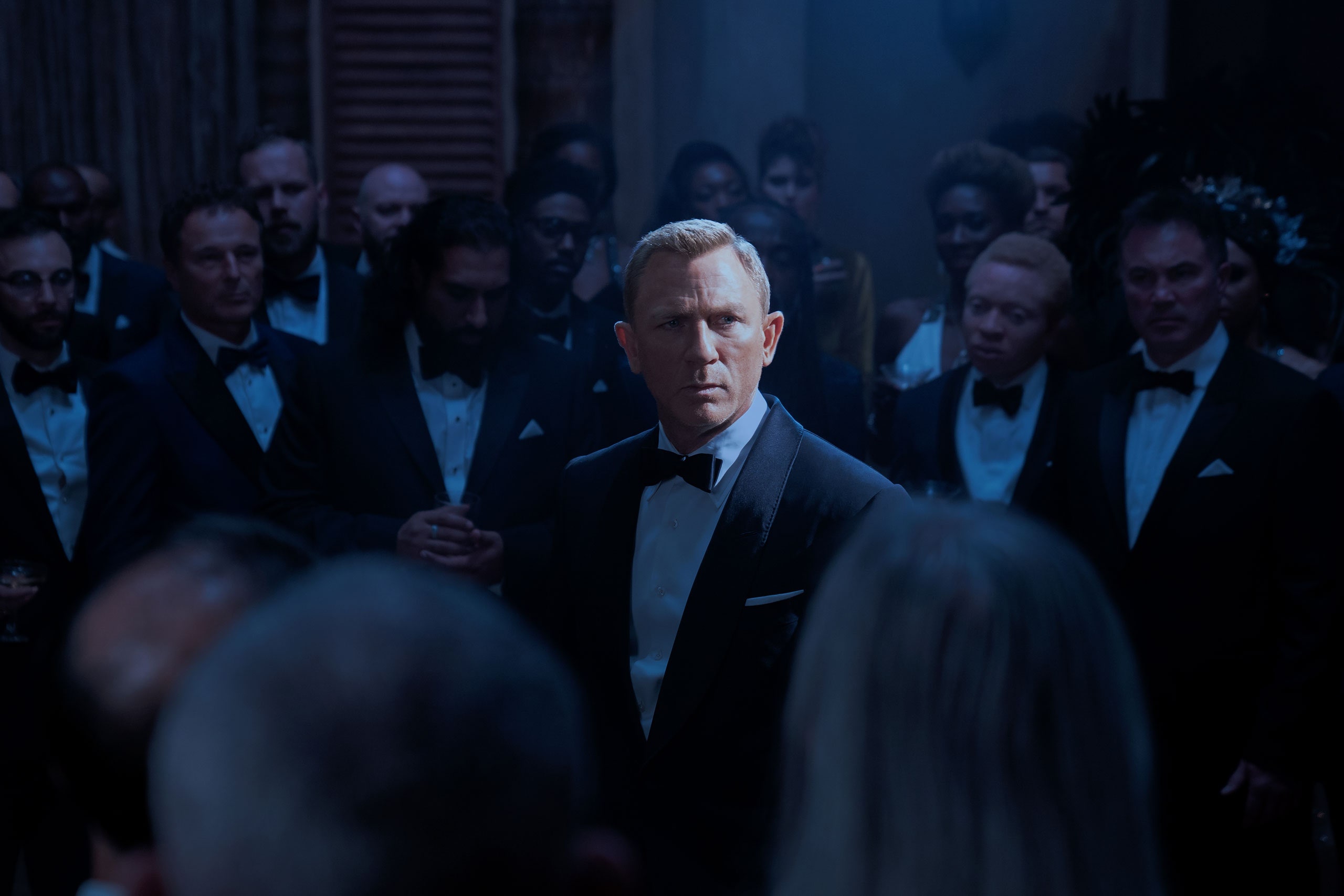
Arguments about which Bond is the best Bond are really arguments about which era of twentieth and twenty-first century life you prefer. Every era gets the Bond it needs, be it the Connery-era’s need for a British savior in a cold warring world that saw the former empire sidelined or the Moore-era’s in-on-the-joke Bond who recognized Britain’s need to be needed as the farce it was. Timothy Dalton and Pierce Brosnan were more like Americans pretending to be British – the last-standing superpower reaching for prestige. Craig’s Bond has always been more dour, less sure of himself, an emblem for an era marked by nation-state distrust and moral ambiguity.
My generation’s Bond is probably actually the first-person shooter view of the Goldeneye video game that we spent more hours playing as kids than we did watching Bond movies. That game was set in Brosnan-Bond narratives, but while playing it, I felt more like Craig’s Bond seems to feel, unsure of myself but surprised at what I could accomplish, more prone to crashing through a wall than slinking around it. Though Craig’s Bond has experienced much over his run of films, and, uncharacteristic to past Bonds, the series has allowed the damage and loss to accumulate, he has always seemed a bit like a schoolboy at heart, never able to escape his deepest past. He’s a big kid playing make-believe in Tom Ford suits.
In No Time To Die, Craig’s final outing as the coiffed crusader, Bond allows his adolescent hang-ups to harangue him back to playing alone in his clubhouse instead of serving his majesty under the double-O. Bond being Bond, a nefarious figure emerges with a plot to murder millions with a lab-created pathogen—ah, that’s why this film’s release was delayed again and again throughout the pandemic—and Bond begrudgingly fires up the old Aston Martin to settle scores and save the day one last time. Along the way he grows up a little thanks in large part to the historical mark of manhood being thrust upon him.
As much as I have enjoyed Craig’s run as Bond—film for film, I think it outmatches any other Bond’s tenure—I haven’t always loved the backstory-fication of Bond that has run through these films. By nature, a Bond story is a recurring narrative. It doesn’t take well to character development, because as in a sitcom, the worth of recurring story is in its predictability. All we need to know is that James Bond will save the world anytime it needs saving the same as we watch a sitcom to be told that friends and family will always reconcile no matter what conflicts spring up in this week’s episode. Watching a Bond movie is like joining in the reciting of a creed. It must be the same every time, because the sameness is the mark of its eternal value.
Thankfully, there’s plenty of the predictable in No Time To Die. It’s an admirable farewell for Daniel Craig’s take on Bond. The movie is maybe a little long, but it’s long in the way that a dinner with friends stretches into the evening when you don’t really want it to end. Whatever James Bond is like when he returns – and he always “will return” even from this definitive end to Craig’s term – he will be different than the Bond we’ve come to love over the past fifteen years, but he’ll still be Bond. I risk irreverence, but I can’t help myself: time and again over the past sixty years, Bond has died, Bond has risen, and Bond will come again.
Arguments about which Bond is the best Bond are really arguments about which era of twentieth and twenty-first century life you prefer. Every era gets the Bond it needs, be it the Connery-era’s need for a British savior in a cold warring world that saw the former empire sidelined or the Moore-era’s in-on-the-joke Bond who recognized Britain’s need to be needed as the farce it was. Timothy Dalton and Pierce Brosnan were more like Americans pretending to be British – the last-standing superpower reaching for prestige. Craig’s Bond has always been more dour, less sure of himself, an emblem for an era marked by nation-state distrust and moral ambiguity.
My generation’s Bond is probably actually the first-person shooter view of the Goldeneye video game that we spent more hours playing as kids than we did watching Bond movies. That game was set in Brosnan-Bond narratives, but while playing it, I felt more like Craig’s Bond seems to feel, unsure of myself but surprised at what I could accomplish, more prone to crashing through a wall than slinking around it. Though Craig’s Bond has experienced much over his run of films, and, uncharacteristic to past Bonds, the series has allowed the damage and loss to accumulate, he has always seemed a bit like a schoolboy at heart, never able to escape his deepest past. He’s a big kid playing make-believe in Tom Ford suits.
In No Time To Die, Craig’s final outing as the coiffed crusader, Bond allows his adolescent hang-ups to harangue him back to playing alone in his clubhouse instead of serving his majesty under the double-O. Bond being Bond, a nefarious figure emerges with a plot to murder millions with a lab-created pathogen—ah, that’s why this film’s release was delayed again and again throughout the pandemic—and Bond begrudgingly fires up the old Aston Martin to settle scores and save the day one last time. Along the way he grows up a little thanks in large part to the historical mark of manhood being thrust upon him.
As much as I have enjoyed Craig’s run as Bond—film for film, I think it outmatches any other Bond’s tenure—I haven’t always loved the backstory-fication of Bond that has run through these films. By nature, a Bond story is a recurring narrative. It doesn’t take well to character development, because as in a sitcom, the worth of recurring story is in its predictability. All we need to know is that James Bond will save the world anytime it needs saving the same as we watch a sitcom to be told that friends and family will always reconcile no matter what conflicts spring up in this week’s episode. Watching a Bond movie is like joining in the reciting of a creed. It must be the same every time, because the sameness is the mark of its eternal value.
Thankfully, there’s plenty of the predictable in No Time To Die. It’s an admirable farewell for Daniel Craig’s take on Bond. The movie is maybe a little long, but it’s long in the way that a dinner with friends stretches into the evening when you don’t really want it to end. Whatever James Bond is like when he returns – and he always “will return” even from this definitive end to Craig’s term – he will be different than the Bond we’ve come to love over the past fifteen years, but he’ll still be Bond. I risk irreverence, but I can’t help myself: time and again over the past sixty years, Bond has died, Bond has risen, and Bond will come again.

Elijah Davidson is Co-Director of Brehm Film and Senior Film Critic. Find more of his work at elijahdavidson.com.
Shang-Chi and the Legend of the Ten Rings is a very good Marvel movie, which is akin to saying that there is a great new item on the menu at Applebee’s.